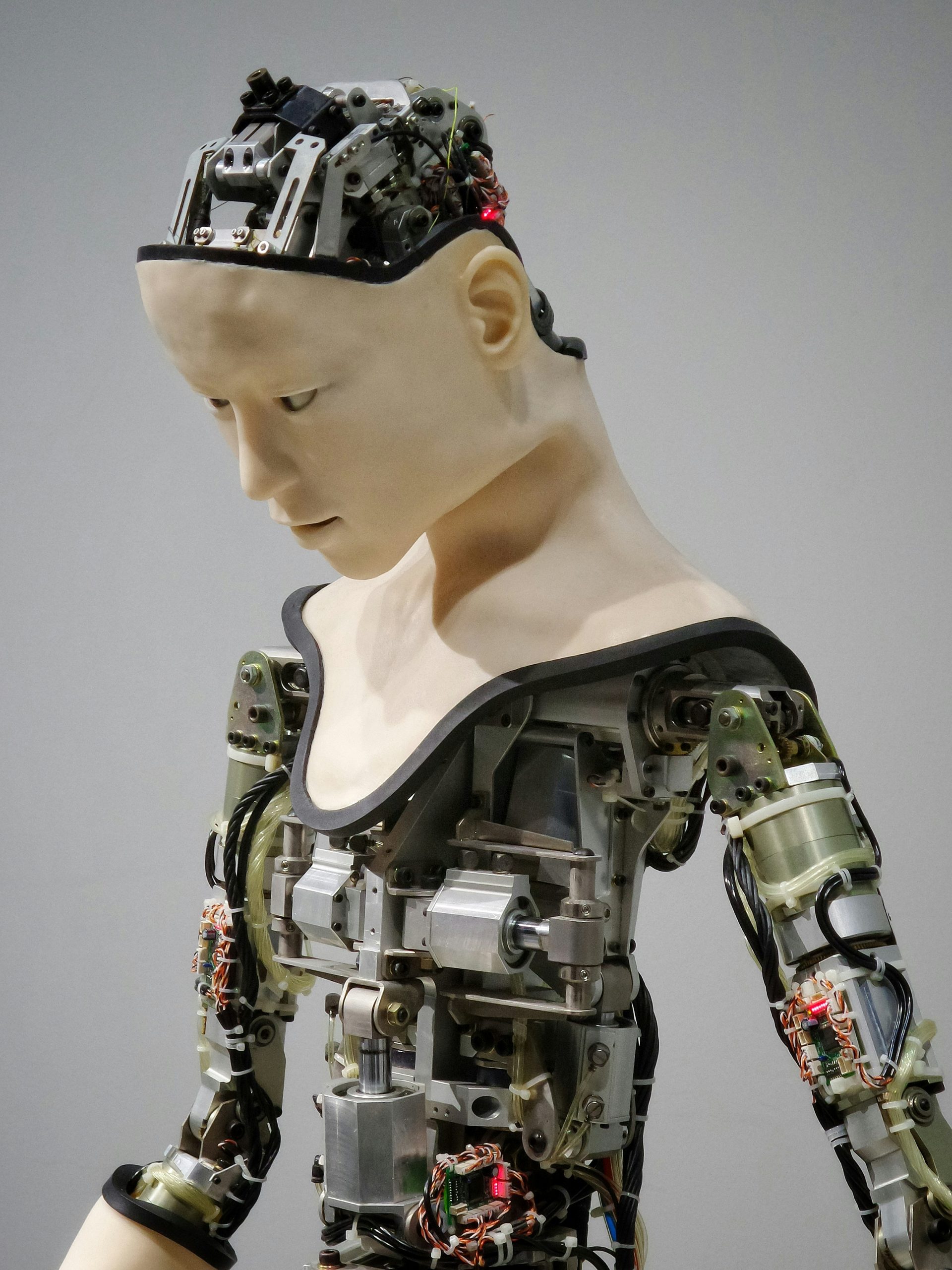The development of Artificial Intelligence raises important ethical questions in many areas, such as: privacy, labour, automation, health, smart applications and services, politics and marketing.
According to several scholars, the main ethical challenges posed by Artificial Intelligence concern:
- Trust and control in the relationship between humans vs. AI;
- The shift of responsibility and the replacement of human activity by Artificial Intelligence;
- The risk of undermining human self-determination and free will;
- The risk of devaluing human skills and capabilities;
- The risk of replicating not only the qualities, but also the errors and flaws of human action.
The main ethical challenges of Artificial Intelligence
There are many ethical challenges of Artificial Intelligence, covering several aspects. One of the main issues concerns trust and control over how AI can best be used.
On the one hand, it is crucial that Artificial Intelligence is reliable and predictable, thus ensuring its safe and effective use. On the other hand, however, it is necessary to maintain human control over ChatGPT in order to avoid negative consequences or unexpected behaviour.
Another major challenge concerns the replacement of human activity by Artificial Intelligence. While Machine Learning is becoming more and more advanced and capable of performing complex tasks, there are important ethical questions about the responsibility and safety of decisions made by AI.
The introduction of Artificial Intelligence can also affect human self-determination by limiting individual freedom in personal choices. It is therefore essential to find a balance in the struggle between humans vs AI, between human decision-making and Artificial Intelligence in decision-making.
Finally, there is a risk of devaluing human skills, as some tasks that were previously performed by humans can now be performed by Artificial Intelligence, and more efficiently. It is important, however, to recognise the value of human skills and find ways to integrate them with the capabilities of AI.
The impact of Artificial Intelligence on society and the global economy
The impact of AI applied to technology on society and the global economy is significant and presents both opportunities and challenges.
On the one hand, Artificial Intelligence can:
- Improve process efficiency;
- Optimise production
- Reduce costs.
This can lead to more competitive companies and faster economic growth. Understanding how to apply AI in your business opens up new possibilities in marketing and advertising, allowing you to tailor offers to individual consumer preferences.
On the other hand, there is the risk that AI may lead to the replacement of many jobs. This raises important ethical questions concerning the social responsibility of companies towards workers made redundant due to automation.
It is therefore crucial to strike a balance between the positive effects of Artificial Intelligence on the economy and the protection of the employment rights and opportunities of individuals. The impact of business Artificial Intelligence on society and the global economy requires an ethical and responsible approach to maximise its benefits and minimise its drawbacks.
How to ensure responsible and ethical use of Artificial Intelligence for business
Ensuring the responsible and ethical use of Artificial Intelligence is a key challenge for the future of technology. To do so, it is necessary to develop rules and regulations that establish guidelines for the use of AI in a fair and human rights-friendly manner.
It is also important to involve all stakeholders, such as companies, governments, academic institutions and civil society, in the definition of these regulations. This will ensure a collaborative and inclusive approach that takes into account different perspectives and concerns.
It is also crucial to invest in the training of users and operators of AI applied to technology, so that they are aware of the ethical implications of their behaviour and decisions. This can be done through educational and awareness-raising programmes that promote a culture of responsibility and ethics in the use of AI.
There is also a need to encourage research and development of innovative technological solutions that integrate ethical principles into the very design of AI. This could include the introduction of transparency, accountability and human control mechanisms within AI systems. By taking these measures, it will be possible to ensure a responsible and ethical use of Artificial Intelligence, maximising its benefits for mankind, without compromising the fundamental values of society.


